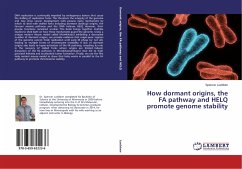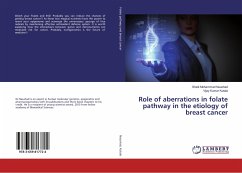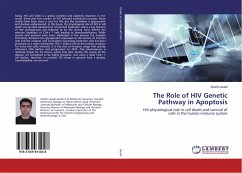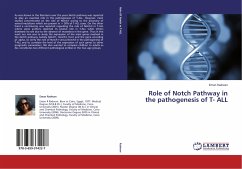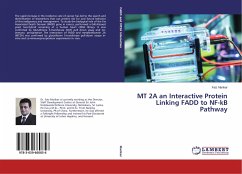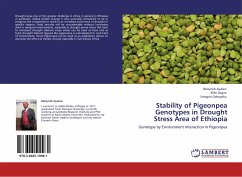DNA replication is continually impeded by endogenous lesions that cause the stalling of replication forks. This threatens the integrity of the genome and may drive cancer development. Cells possess many mechanisms by which to deal with stalled forks including dormant (backup) origins, the Fanconi anemia pathway and the DNA helicase HELQ. However, their precise functions remained unclear. This book brings together multiple studies to shed light on how these mechanisms guard the genome. Using a unique mutant mouse model called Mcm4chaos3 exhibiting a decreased number of dormant origins, we provide evidence that origin-poor regions of the genome cannot finish replication until early M phase (or not all), leading to multiple forms of chromosome instability. A lack of dormant origins also leads to hyper-activation of the FA pathway, revealing its role in the recovery of stalled forks where origins are limited. Indeed, disruption of the FA pathway in Mcm4chaos3/chaos3 mice led to high perinatal lethality and accelerated tumor formation. Finally, we use the first Helq mutant mouse model to show that Helq works in parallel to the FA pathway to promote chromosome stability.
Hinweis: Dieser Artikel kann nur an eine deutsche Lieferadresse ausgeliefert werden.
Hinweis: Dieser Artikel kann nur an eine deutsche Lieferadresse ausgeliefert werden.

